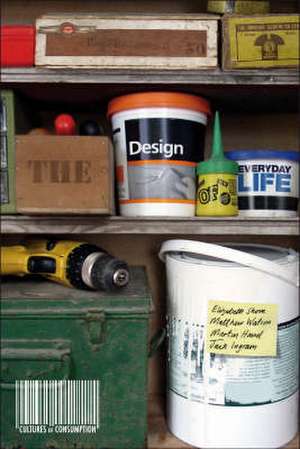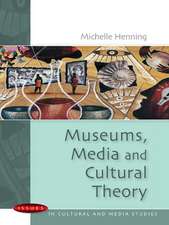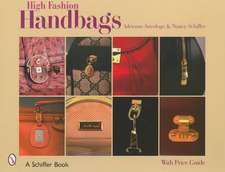The Design of Everyday Life: Cultures of Consumption Series
Autor Elizabeth Shove, Matthew Watson, Martin Hand, Jack Ingramen Limba Engleză Hardback – 30 noi 2007
| Toate formatele și edițiile | Preț | Express |
|---|---|---|
| Paperback (1) | 197.14 lei 6-8 săpt. | |
| Bloomsbury Publishing – 30 noi 2007 | 197.14 lei 6-8 săpt. | |
| Hardback (1) | 655.16 lei 6-8 săpt. | |
| Bloomsbury Publishing – 30 noi 2007 | 655.16 lei 6-8 săpt. |
Preț: 655.16 lei
Preț vechi: 761.82 lei
-14% Nou
Puncte Express: 983
Preț estimativ în valută:
125.38€ • 130.42$ • 103.51£
125.38€ • 130.42$ • 103.51£
Carte tipărită la comandă
Livrare economică 15-29 aprilie
Preluare comenzi: 021 569.72.76
Specificații
ISBN-13: 9781845206826
ISBN-10: 1845206827
Pagini: 192
Ilustrații: 15 b&w illustrations, bibliography, index
Dimensiuni: 156 x 234 x 17 mm
Greutate: 0.43 kg
Editura: Bloomsbury Publishing
Colecția Berg Publishers
Seria Cultures of Consumption Series
Locul publicării:London, United Kingdom
ISBN-10: 1845206827
Pagini: 192
Ilustrații: 15 b&w illustrations, bibliography, index
Dimensiuni: 156 x 234 x 17 mm
Greutate: 0.43 kg
Editura: Bloomsbury Publishing
Colecția Berg Publishers
Seria Cultures of Consumption Series
Locul publicării:London, United Kingdom
Caracteristici
Also available in paperback, 9781845206833 £19.99 (December, 2007)
Notă biografică
Elizabeth Shove is Professor of Sociology at Lancaster University.Matthew Watson is Research Fellow in the Department of Geography at Durham University. Martin Hand is Assistant Professor of Sociology at Queen's University in Canada.Jack Ingram is Professor of Product Design at Birmingham Institute of Art and Design, UCE.
Cuprins
1. The Design of Everyday Life2. Having and Doing: The Case of the 'Restless Kitchen'3. Consumption and Competence: DIY Projects4. Reproducing Digital Photography5. The Materials of Material Culture: Plastic6. Theories and Practices of Product Design7. Products, Processes and PracticesBibliography
Recenzii
'This book uses the everyday artefact to break new intellectual ground for consumption studies, design analysis, and the field of material culture. Based on close empirical observation of social practice, it helps bring a new sociology of the artefact into being. It is creative, fresh, and original.' Harvey Molotch, New York University





























